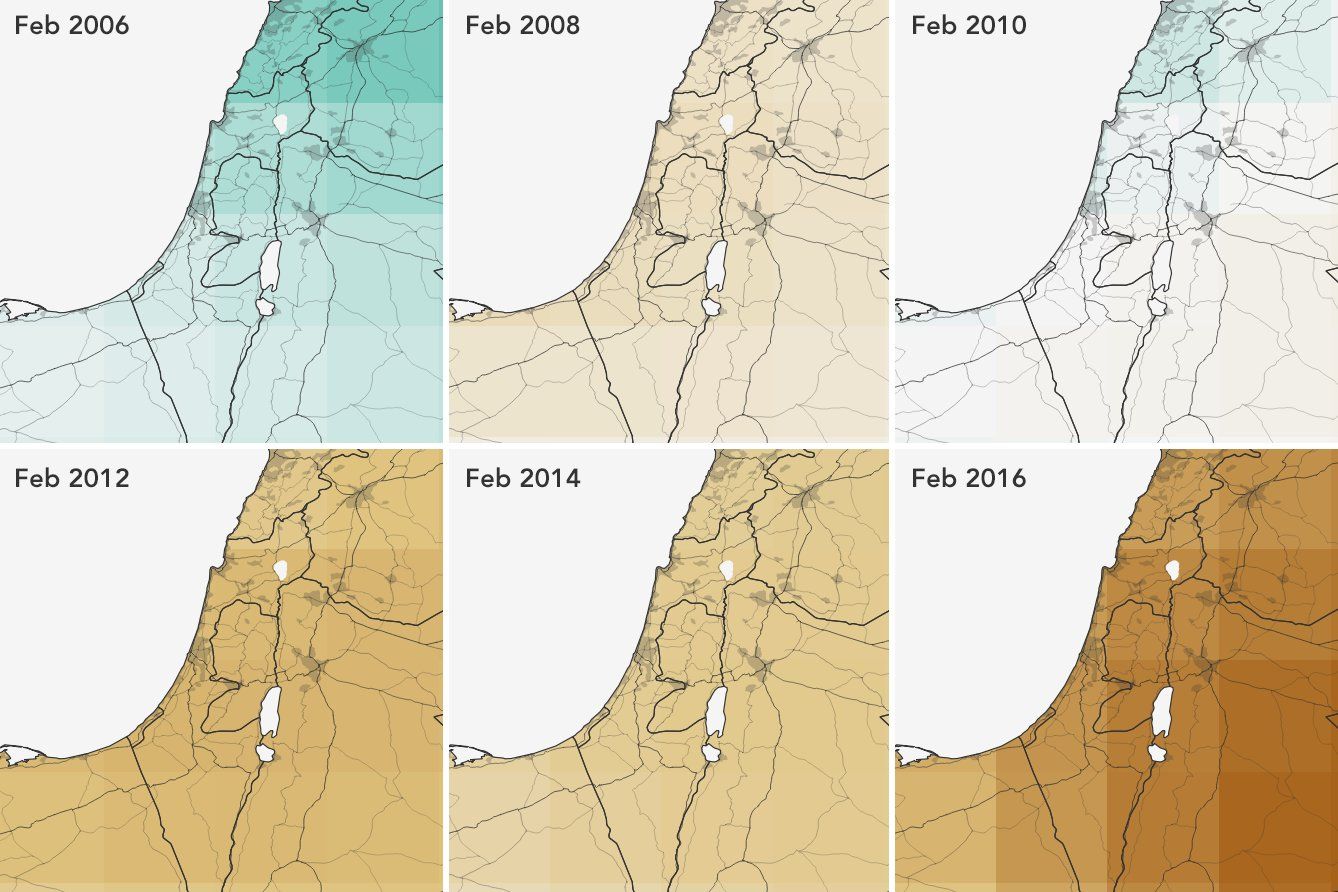Page 9810
Sep 11, 2018
Protecting the world through moral bioenhancement
Posted by Carse Peel in category: ethics
Sep 11, 2018
This is how we could find advanced alien civilizations
Posted by Carse Peel in category: alien life
In 1960, American physicist Freeman Dyson proposed the idea that an extremely advanced—and power-hungry—alien civilization could, in theory, harness the majority of their host star’s energy by building a vast structure around it to absorb its radiation.
Scientists in the field of SETI (Search for Extraterrestrial Intelligence) have carried out a number of searches for such structures, known as Dyson spheres—which could be constructed using material harvested from dismantled planets—without uncovering any compelling evidence for them.
Now, in a paper published in The Astrophysical Journal, researchers from Uppsala University, Sweden, and Heidelberg University, Germany, have proposed a new way to look for Dyson spheres that may have some advantages over previous attempts.
Continue reading “This is how we could find advanced alien civilizations” »
Sep 11, 2018
How Google’s using AI and big data to make travel better
Posted by Genevieve Klien in categories: information science, robotics/AI
Since its acquisition of ITA Matrix Software eight years ago, Google has been quietly rolling out new tools for travelers. Its progress has been even more notable over the past months and weeks as it began unveiling tools to help predict flight delays, plan trips, and manage itineraries — among other things.
These changes have some wondering: Is Google making a run at total domination in the travel space? If it is, there’s a strong case to be made for its potential to disrupt the travel and hospitality sector with a similar approach to Amazon’s run at retail, and more recently grocery.
Sep 11, 2018
Molecule Appears to Have Anti-Aging Effects on the Vascular System
Posted by Nicola Bagalà in categories: biotech/medical, life extension
Β-hydroxybutyrate seems to prevent senescence of vascular tissue.
According to a study by Georgia State University scientists, a molecule called β-hydroxybutyrate has anti-aging effects on the vascular system; more specifically, the molecule appears to prevent senescence of vascular cells by promoting cellular quiescence instead [1].
Study abstract
Continue reading “Molecule Appears to Have Anti-Aging Effects on the Vascular System” »
Sep 11, 2018
Solid-state battery startup secures backing from several automakers as it claims breakthrough for electric vehicles
Posted by Bill Kemp in categories: sustainability, transportation
Several automakers interested in electric vehicles are turning to solid-state batteries for next-gen electric cars in the “post Li-ion era.”
Now a startup developing all solid-state batteries (ASSB) secured backing from several high-profile investors, including several automakers, as it claims a breakthrough for the technology that will enable better electric cars.
Solid Power is a Colorado-based startup that spun out of a battery research program at the University of Colorado Boulder.
Sep 11, 2018
Using 82 Terawatts of solar and wind to Green the Sahara as a side effect would cost at least $82 trillion
Posted by Bill Kemp in categories: climatology, computing, solar power, sustainability
$82 Trillion to convert a desert to land that could grow crops to help feed the world…is it worth it?
Researchers simulated the effects of around 79 terawatts of solar panels and 3 terawatts of wind turbines. Computer modeling looked at the effect of covering 20 percent of the largest desert on the planet in solar panels and installing three million wind turbines.
There would be 16X the rain in the aridest parts of the Sahara, and double that of the Sahel.
Sep 11, 2018
Study shows medical cannabis effective in treating a wide range of health conditions
Posted by Bill Kemp in categories: biotech/medical, economics, health
Utilizing new mobile application technology, researchers at The University of New Mexico found that medical cannabis provides immediate symptom relief across dozens of health symptoms with relatively minimal negative side effects.
In two recent studies titled, “Patient-Reported Symptom Relief Following Medical Cannabis Consumption,” and “Effectiveness of Raw, Natural Medical Cannabis Flower for Treating Insomnia under Naturalistic Conditions” published in the journals, Frontiers in Pharmacology and Medicines, respectively, UNM Department of Psychology Associate Professor Jacob Miguel Vigil and UNM Department of Economics Assistant Professor Sarah See Stith, document that patients experienced statistically and clinically significant therapeutic benefits when they used cannabis for symptoms ranging from chronic pain to insomnia.
These studies analyzed data collected with the Releaf App, developed by co-authors Franco Brockelman, Keenan Keeling and Branden Hall and currently, the largest repository of user-entered information on the consumption and effects of cannabis use in the United States with nearly 100,000 recorded user sessions.
Waste has become a serious problem in Western societies. About a third of the food produced in countries such as the [United Kingdom](http://foodawarecic.org.uk/stats-2/](http://foodawarecic.org.uk/stats-2/), Australia and the United States is wasted. About 40% is wasted by consumers, who buy too much, forget what’s in their refrigerator or cupboards, or throw away food that is past its expiration date yet perfectly edible.
Immense amounts of food is discarded by stores or restaurants because they weren’t sold before the official selling date, or for esthetic reasons – vegetables or fruit that have unusual shapes or are too big or too small, or food packages that are distorted… Waste also occurs with electronic goods that are discarded even though they work just fine and millions of tons of usable paper that are thrown away every year.
Sep 11, 2018
Where to place a rainwater harvesting system
Posted by Bill Kemp in categories: education, health
On any given day, Zoubaida Salman instructs a classroom of 15-year-olds at the Sur Baher Girls School in East Jerusalem, where she has served as the science teacher and Environment and Health Coordinator for the past 22 years. One of the most important lessons comes from their backyard: water is scarce and precious in this region.
Water shortages can lead to major sanitation issues at schools, so students have to play an active role in managing it. At Sur Baher, the most significant use of water is for flushing toilets, which stop working if there is not enough water. If the water runs out, school administrators must buy it from the city. In other regions, the schools even close because of water shortages.
A team of scientists with the NASA DEVELOP program is helping address these water shortages by collaborating with a nonprofit called Water Resources Action Project(WRAP). WRAP designs and constructs rainwater harvesting systems for schools in the Middle East to capture rainfall during the five-month rainy season for use later. Selecting a geographically promising area is time-consuming and tedious work though for the small, volunteer-based team. The NASA DEVELOP team is using satellite data to help WRAP more easily identify suitable locations for the rainwater harvesting systems.


















